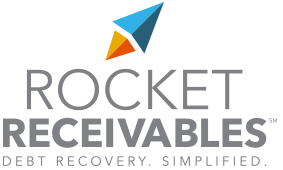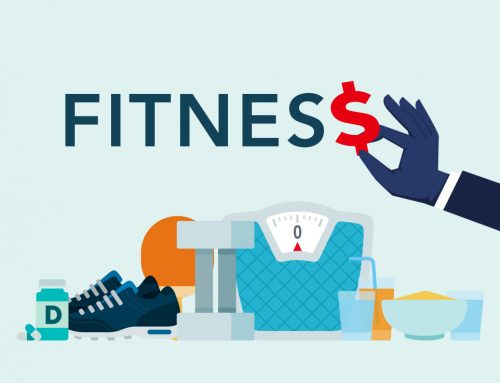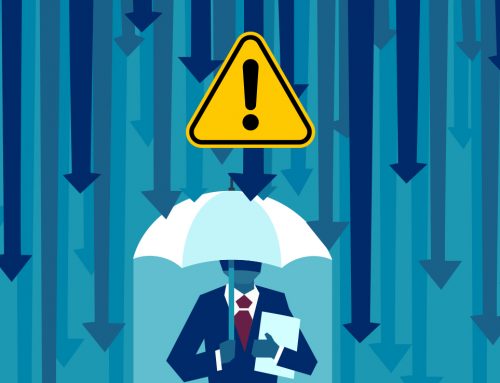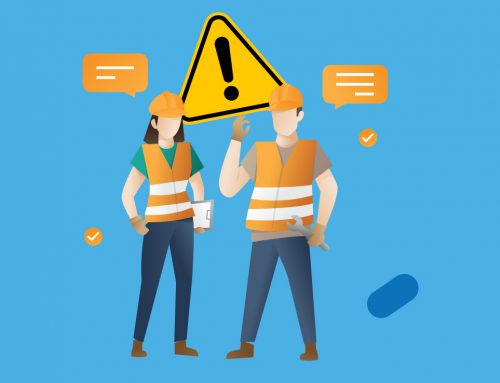The FDCPA governs the practice of debt recovery.
If you have a small to mid-sized business with outstanding A/R, it might be difficult to accept that the consumer that owes you money has rights too. Quite a lot of them, in fact.
We understand how outstanding receivables usually hit closer to home in a smaller company. Typically, these businesses live closer to the edge with not a lot of cash reserves, so past due balances can cause these owners to really lose sleep at night. It makes it easy to grow frustrated by the individuals causing your troubles. The last thing you probably want to hear is that there are state and federal laws that prohibit certain collection behaviors and give rights to the people that used your services or products and failed to pay.
One of the rules for debt recovery is called the Fair Debt Collection Practices Act. This post explores this law to help businesses understand just one of the regulations that bind the practice of debt collection.
What should be “fair” about debt recovery?
The Fair Debt Collection Practices Act (FDCPA) was passed in 1977. The Federal Trade Commission (FTC), who oversees enforcement of the FDCPA, says the law “protects consumers from abusive, harassing or unfair debt collection practices.” Whether you’re using a third-party debt recovery agency or conducting collections in-house, it is imperative that you follow these guidelines or run the risk of major fines. NOLO reports the legal ramifications include:
- Monetary damages for physical or emotional distress.
- Lost wages due to disruption of productivity at work.
- Recovery of wage garnishment.
- Damages of up to $1,000 per individual.
- Attorney costs and court fees.
Clearly, the FDCPA is no joke; business owners can find themselves in more financial trouble than when they started the debt recovery process. But just what are the rules written into the FDCPA?
Some of the provisions include:
- You cannot call the consumer before 8:00 a.m. or after 9:00 p.m.
- The debtor can’t be called at work if they have requested it.
- You cannot contact a third party for any reason other to obtain updated contact information on the debtor.
- They cannot “harass or abuse” the debtor or anyone else during their recovery efforts.
- You also cannot lie about the amount the consumer owes.
- The debt recovery agent may not lie about anything else, either; they can’t pretend to be someone they aren’t or claim you’ll be arrested if payment isn’t received. Debt recovery professionals can’t threaten to seize property or wages unless the courts have decreed the activity. They also can’t use a fake company name to identify themselves.
- If the debtor hires an attorney, the debt recovery firm must contact them and not the consumer.
- After first contacting the consumer, the debt recovery company has five days to send them a written notice with the amount of money owed, who it’s owed to, and how to dispute these details.
- A debt collection company may not contact the consumer for 30 days if they have sent a written notice disputing the debt. However, if the debt collection agency responds with a letter proving the money is owed, they can resume their collection efforts.
- They may not send documents that resemble an official court document or letter from a government agency.
These are just a few of the requirements from the pages of the FDCPA. To make matters even more complex, there are often additional state or even municipality regulations that vary widely and sometimes even potentially conflict with federal law.
Now imagine if your business is owed money from thousands of people spread out across the United States and you’ll start to understand the complexity of the work of debt collection. What’s worse is that a company is ultimately liable for compliance with these rules. If you choose the wrong debt recovery agency you could find yourself fined for non-compliance.
The good news for clients of a debt collection agency like Rocket Receivables, is that we have an entire team dedicated to debt collection compliance.
It’s easy to get into hot water with the FDCPA rules. NOLO reports that some of the most common mistakes in debt collection have to do with inaccurate reporting by credit agencies or the company hiring the debt collection agency.
Rocket Receivables combines technology with professional debt collection agents that have a track record of making a big difference in past due receivables. We are fully compliant with FDCPA rules because our technology, people, and processes combine to ensure our success in debt collection and our compliance with the laws.
Sign up today and discover the advantages of partnering with Rocket Receivables.






